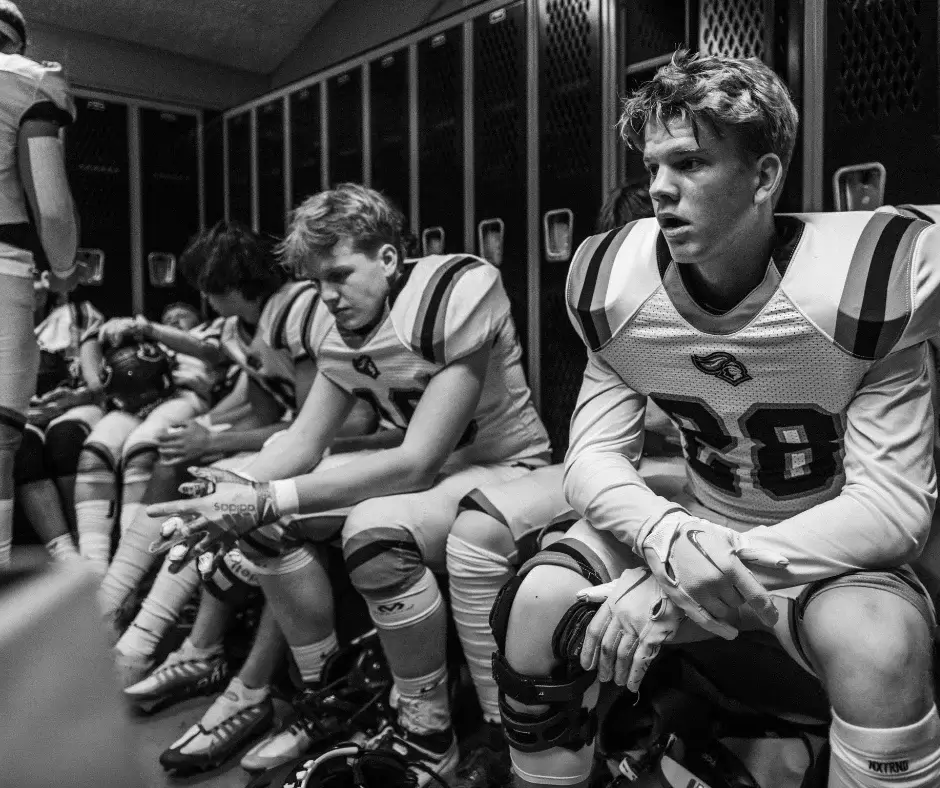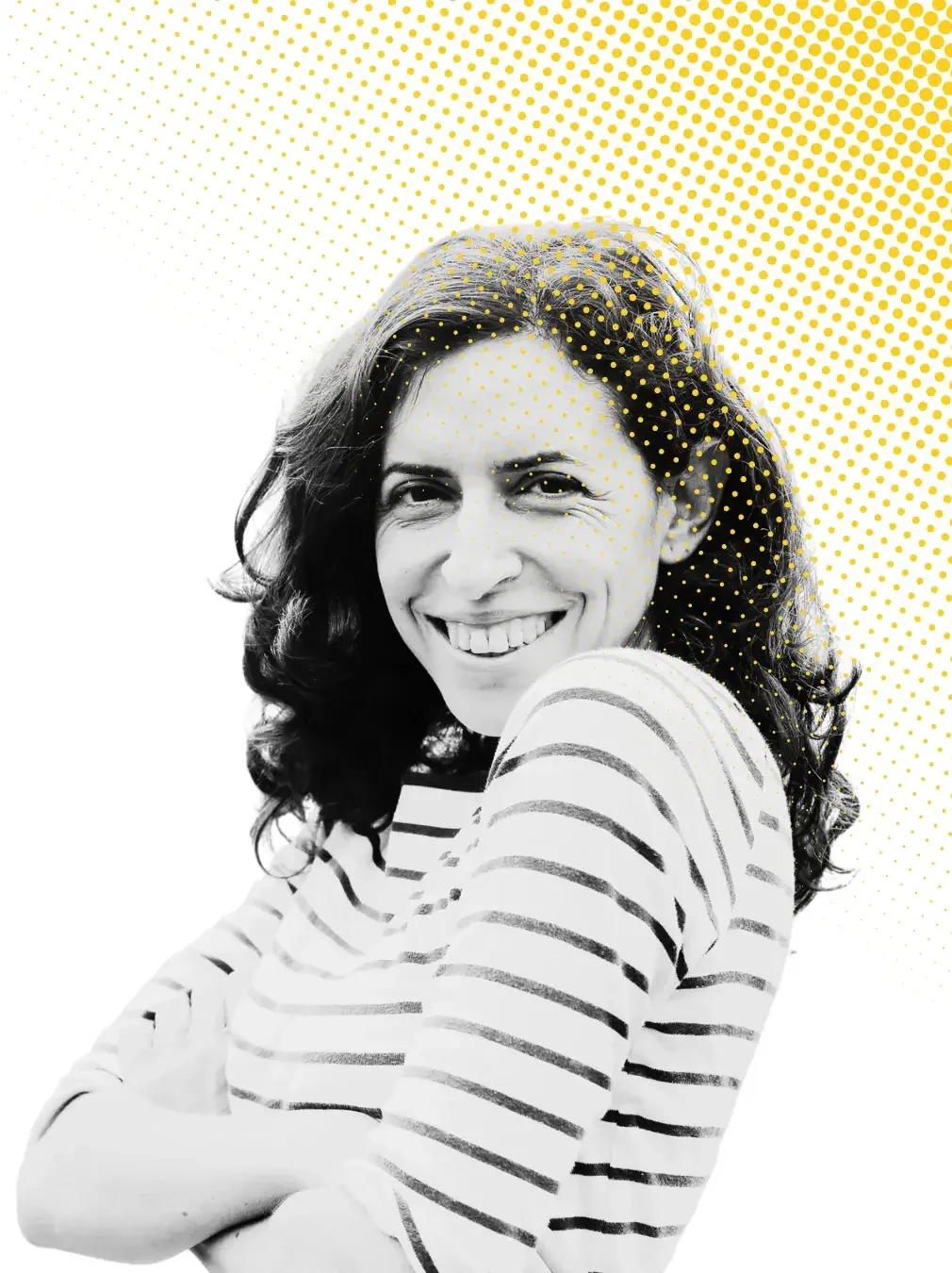
How to Support & Advocate for Black Mental Health
2024 Update: View our complete Roadmap to Black Mental Health here.
In our BIPOC Mental Health series, we’re shining a spotlight on how to advocate for healing and social justice for specific communities of color. Learn more about BIPOC mental health and view all of our BIPOC community guides here.
Here we have some tips for Black folks to care for their mental health, and for non-Black people to increase their awareness and learn how to be an effective ally.
Learn About… Systemic Racism & Intersectionality
Racism is a system of giving value and opportunity based on skin color — unfairly privileging white people and unjustly disenfranchising Black people. It is immoral, and lacks justice and equity. Do not take this archetype of deficiency by racists personally. Learn your history and be proud that Black people brought culture and civilization to all of humankind. (OCT & ABPsi)
Racism can be both overt (e.g., violent acts) or covert (e.g., silent attitudes, health care disparities, and corrupt systems). Both can have a profound impact on mental health and wellbeing for generations. (One Mind)
Blackness uniquely interacts with other aspects of identity, like gender, social class, sexuality, and ability status — leading to specific stereotypes and harmful assumptions. (ADAA)
Unlearn… Your Biases
For Black folks… ask yourself what negative ideas you’ve internalized about what it means to be Black. Talk to friends and family in your community who can be your confidants and support your healing. Defy the lie of Black inferiority by embracing the truth of Black culture and history from ancient times to present. (ABPsi & CMH)
For non-Black folks… unpack the stereotypes, assumptions, and emotions you have around Black people. Foster critical consciousness by noticing when something doesn’t feel right and speaking up.
Celebrate… Black Joy & Healing
Joy among the Black community can be found in countless ways. If you are a member of this community, seek out ways to further foster a spark of joy. One way to do this is being in community or faith. Another is creating a self-affirmation that promotes resilience, collective power, and healing from generational trauma. (Wellbeing Trust)
Listen to the wonderful, spirited music that Black people have created over the past century and a half in the face of unprecedented domestic terrorism to imbue us with love and uplift our souls. Capture the groove, move to the rhythms, and lift your voice and sing. (OCT & ABPsi)
If you are not a member of the Black community, work to broaden your mental image so that it includes a multidimensional understanding of the ways in which this community embodies joy and healing.
Embrace… Empathy & Social Justice
Adopt a cultural worldview in which your worth is intrinsic in simply being who you are as a creative life force. Reject the idea that your positive identity and self-worth can be externally derived based on what social media and a clearly unjust, inequitable society might lead you to believe. (OCT & ABPsi)
Stand up, speak out, and develop your capacity to be your best self in the name of creating a just, sacred, and sustainable world. (OCT & ABPsi)
Take into account what you know about the various injustices that Black folks face, and consider ways in which you can take action. This might look like donating to mutual aid funds, reading books about racism by people of color, or taking political action by voting and advocating for important issues.
If you are not Black, consider ways in which you can pass the mic, highlight the talents of, and otherwise make space for Black folks. If you have racial privilege, use it to dismantle inequity while promoting healing.
References:
- ABPsi: Optimal Conceptual Theory (OCT) and Belief Systems Analysis (BSAS)
Black Mental Health Directory
Education & Access to Resources
Black Emotional and Mental Health Collective (BEAM): A non-profit movement dedicated to creating a world where there are no barriers to Black healing.
The Boris Lawrence Henson Foundation: A non-profit with the mission to improve mental health in Black communities by building culturally-competent resources, programs, and education across the country.
Black Mental Health Alliance: An organization developing and promoting culturally-relevant educational forums, trainings, and referral services for the health and well-being of Black people.
Black Mental Wellness: A corporation providing information about mental health topics, increasing the diversity of mental health professionals, and decreasing mental health stigma in the Black community.
Eustress: An organization starting conversations about mental health with members of the Black community at large, paying special attention to students, young adults and athletes.
The Couched in Color Podcast (by MHC Board Member Dr. Alfiee): A podcast hosted by Dr. Alfiee which is aimed at promoting conversation about mental health in diverse communities.
Mental Health America: A non-profit organization dedicated to helping people live mentally healthier lives.
American Foundation for Suicide Prevention: A non-profit organization with the mission to save lives and bring hope to those affected by suicide.
NAMI: The nation’s largest grassroots mental health organization dedicated to building better lives for the millions of Americans affected by mental illness.
ABPsi: A collective of Black psychologists whose mission is to promote the advancement of African psychology and influence social change.
One Mind (Article: Mental Health Apps Created by & for Black People): A non-profit project whose goal is to help individuals utilize technology in a way that is mentally healthy.
Vibrant Emotional Health: (Article: Black Mental Health Resources): An organization aimed at creating accessible mental health support to help individuals and families achieve emotional wellbeing.
Center for Healing Racial Trauma: An organization whose goal is to heal racial trauma through love, liberation, equity, and creativity.
Therapy Networks & Services
Ayana Therapy: An organization whose mission is to end structural racism and systematic oppression in mental health care for marginalized communities.
Inclusive Therapists: A mental health service that promotes therapy that celebrates all identities, abilities, and bodies.
Open Path Collective: A psychotherapy collective that seeks to make therapy accessible by offering services at a reduced rate.
Women-Focused
Loveland Foundation: An organization whose mission is to promote mental health healing for Black women and girls.
Therapy for Black Girls: An organization committed to creating mental health accessibility for Black women and girls.
Black Girls Smile: A non-profit organization dedicated to empowering & supporting the mental health of Black girls & young women.
Pretty Brown Girl: A national movement to empower Black and Brown girls while encouraging self-acceptance by cultivating social, emotional & intellectual well-being.
Men-Focused
Therapy for Black Men: An organization committed to breaking the stigma for Black men seeking mental health support.
TheBlackManCan: A brand & trust creating & amplifying stories that showcase what Black Men & Boys can do!
Youth-Focused
The AAKOMA Project (by MHC Board Member Dr. Alfiee): An organization whose mission is to empower youth and their families to seek help managing their mental health.
Silence the Shame: An organization whose mission is to empower and educate communities on mental health and wellness.
Steve Fund: An organization whose focus is to support the mental health and emotional wellbeing of young people of color.
7 Cups: A peer-to-peer mental health community of kind, compassionate listeners who provide anonymous and free emotional support.
LGBTQ+-Focused
The Trevor Project: (Article: Approaching Intersectional Conversations): A non-profit organization aimed at the mental health support and suicide prevention of people identifying as LGBTQIA+.
The National Queer & Trans Therapists of Color Network: A healing justice organization that actively works to transform mental health for QTPOC.
Guide created by MHC’s Research Team: Khyia Ward, Anna-Marie Fennell, Dr. Naomi Torres-Mackie
Guide reviewed by Dr. Linda Myers, The Association of Black Psychologists (ABPsi)


